Walling up fear
Fear was one of my first teachers...
This week I found Lima Duarte, a well known Brazilian actor, reciting Mia Couto on social media, in a speech about fear - Walling up fear/Murar o medo. Lima Duarte, who just celebrated 95 last week, asks permission to recite the text that enchanted him. He first thanks his followers (a mere few millions watched his posted talk, a few days earlier, on his 95th birthday). And now he ponders, briefly, about how fear followed him in his life, also. How the proximity to death brings him to a blank page review, not a tragic one, by any means… just a pondering about how the Mia Couto’s text found him and touched him, deeply in beauty.
What an amazing and remarkable world we live in!1
Original text in Portuguese, written by Mia Couto, delivered at a conference in Portugal, in 2011.2 Scroll down for a translation and the Lima Duarte video.
“Murar o Medo
O medo foi um dos meus primeiros mestres. Antes de ganhar confiança em celestiais criaturas, aprendi a temer monstros, fantasmas e demônios. Os anjos, quando chegaram, já era para me guardarem. Os anjos atuavam como uma espécie de agentes de segurança privada das almas.
Nem sempre os que me protegiam sabiam da diferença entre sentimento e realidade. Isso acontecia, por exemplo, quando me ensinavam a recear os desconhecidos. Na realidade, a maior parte da violência contra as crianças sempre foi praticada, não por estranhos, mas por parentes e conhecidos. Os fantasmas que serviam na minha infância reproduziam esse velho engano de que estamos mais seguros em ambiente que reconhecemos.
Os meus anjos da guarda tinham a ingenuidade de acreditar que eu estaria mais protegido apenas por não me aventurar para além da fronteira da minha língua, da minha cultura e do meu território. O medo foi, afinal, o mestre que mais me fez desaprender. Quando deixei a minha casa natal, uma invisível mão roubava-me a coragem de viver e a audácia de ser eu mesmo. No horizonte, vislumbravam-se mais muros do que estradas.
Nessa altura algo me sugeria o seguinte: que há, neste mundo, mais medo de coisas más do que coisas más propriamente ditas.
No Moçambique colonial em que nasci e cresci, a narrativa do medo tinha um invejável casting internacional. Os chineses que comiam crianças, os chamados terroristas que lutavam pela independência e um ateu barbudo com um nome alemão. Esses fantasmas tiveram o fim de todos os fantasmas: morreram quando morreu o medo.
Os chineses abriram restaurantes à nossa porta, os ditos terroristas são hoje governantes respeitáveis e Carl Marx, o ateu barbudo, é um simpático avô que não deixou descendência. O preço dessa construção de terror foi, no entanto, trágico para o continente africano. Em nome da luta contra o comunismo, cometeram-se as mais indizíveis barbaridades.
Em nome da segurança mundial, foram colocados e conservados no poder alguns dos ditadores mais sanguinários de toda a história. A mais grave dessa longa herança de intervenção externa é a facilidade com que as elites africanas continuam a culpar os outros pelos seus próprios fracassos.
A Guerra Fria esfriou, mas o maniqueísmo que a sustinha não desarmou, inventando rapidamente outras geografias do medo: a Oriente e a Ocidente e, por que se trata de entidades demoníacas, não bastam os seculares meios de governação. Precisamos de intervenção com legitimidade divina.
O que era ideologia passou a ser crença. O que era política, tornou-se religião. O que era religião, passou a ser estratégia de poder.
Para fabricar armas, é preciso fabricar inimigos. Para produzir inimigos, é imperioso sustentar fantasmas.
A manutenção desse alvoroço requer um dispendioso aparato e um batalhão de especialistas que, em segredo, tomam decisões em nosso nome. Eis o que nos dizem: para superarmos as ameaças domésticas, precisamos de mais polícia, mais prisões, mais segurança privada e menos privacidade. Para enfrentarmos as ameaças globais, precisamos de mais exércitos, mais serviços secretos e a suspensão temporária da nossa cidadania.
Todos sabemos que o caminho verdadeiro tem que ser outro. Todos sabemos que esse outro caminho poderia começar, por exemplo, pelo desejo de conhecermos melhor esses que, de um e de outro lado, aprendemos a chamar de “eles”. Aos adversários políticos e militares juntam-se agora o clima, a demografia e as epidemias. O sentimento que se criou é o seguinte: a realidade é perigosa, a natureza é traiçoeira e a humanidade, imprevisível.
Vivemos como cidadãos, e como espécie, em permanente situação de emergência. Como em qualquer outro estado de sítio, as liberdades individuais devem ser contidas, a privacidade pode ser invadida e a racionalidade deve ser suspensa. Todas essas restrições servem para que não sejam feitas perguntas, como por exemplo, estas: por que motivo a crise financeira não atingiu a indústria do armamento? Por que motivo se gastou, apenas no ano passado, um trilhão e meio de dólares em armamento militar? Por que razão os que hoje tentam proteger os civis na Líbia são exatamente os que mais armas venderam ao regime do coronel Kadafi? Por que motivo se realizam mais seminários sobre segurança do que sobre justiça? Se queremos resolver e não apenas discutir a segurança mundial, teremos que enfrentar ameaças bem reais e urgentes.
Há uma arma de destruição massiva que está sendo usada todos os dias, em todo o mundo, sem que seja preciso o pretexto da guerra.
Essa arma chama-se fome. Em pleno século XXI, um em cada seis seres humanos passa fome.
O custo para superar a fome mundial seria uma fração muito pequena do que se gasta em armamento. A fome será, sem dúvida, a maior causa de insegurança do nosso tempo.
Mencionarei ainda uma outra silenciada violência: em todo o mundo, uma em cada três mulheres foi — ou será — vítima de violência física ou sexual durante o seu tempo de vida. É verdade que, sobre uma grande parte do nosso planeta, pesa uma condenação antecipada pelo fato simples de serem mulheres.
A nossa indignação, porém, é bem menor que o medo. Sem darmos conta, fomos convertidos em soldados de um exército sem nome e, como militares sem farda, deixamos de questionar. Deixamos de fazer perguntas e discutir razões. As questões de ética são esquecidas, porque está provada a barbaridade dos outros e, porque estamos em guerra, não temos que fazer prova de coerência, nem de ética nem de legalidade.
É sintomático que a única construção humana que pode ser vista do espaço seja uma muralha. A Grande Muralha foi erguida para proteger a China das guerras e das invasões. A Muralha não evitou conflitos nem parou os invasores. Possivelmente morreram mais chineses construindo a muralha do que vítimas das invasões que realmente aconteceram. Diz-se que alguns trabalhadores que morreram foram emparedados na sua própria construção.
Esses corpos convertidos em muro e pedra são uma metáfora do quanto o medo nos pode aprisionar.
Há muros que separam nações, há muros que dividem pobres e ricos, mas não há hoje, no mundo um muro, que separe os que têm medo dos que não têm medo. Sob as mesmas nuvens cinzentas vivemos todos nós, do sul e do norte, do ocidente e do oriente. Citarei Eduardo Galiano acerca disto, que é o medo global, e dizer:
“Os que trabalham têm medo de perder o trabalho; os que não trabalham têm medo de nunca encontrar trabalho; quando não têm medo da fome têm medo da comida; os civis têm medo dos militares; os militares têm medo da falta de armas e as armas têm medo da falta de guerras.
E, se calhar, acrescento agora eu: há quem tenha medo que o medo acabe. Muito obrigado.
Discurso proferido por Mia Couto, escritor de Mozambique, na Conferência de Estoril, em 2011.
Lima Duarte on Youtube, in Portuguese. If you don’t have Portuguese, I suggest following the video and the English text translation below. Couto’s text starts at 1:45.
(Machine translations can be surprisingly good!, sometimes. I just checked it for accuracy.)
“Walling up fear
Fear was one of my first teachers. Before I gained confidence in celestial creatures, I learned to fear monsters, ghosts, and demons. The angels, when they arrived, were already there to guard me. They acted as a kind of private security agents of the souls.
Those who protected me did not always know the difference between feeling and reality. This happened, for example, when I was taught to fear strangers. In reality, most violence against children has always been practiced, not by strangers, but by relatives and acquaintances. The ghosts that served in my childhood repeated this old deception that we are safer in an environment that we recognize.
My guardian angels were naïve enough to believe that I would be better protected just by not venturing beyond the border of my language, my culture, and my territory. Fear was, after all, the master that made me unlearn the most. When I left my home of birth, an invisible hand robbed me of the courage to live and the audacity to be myself. On the horizon, there were more walls than roads.
At that time something suggested to me the following: that there is, in this world, more fear of bad things than bad things themselves.
In the colonial Mozambique in which I was born and raised, the narrative of fear had an enviable international casting. The Chinese who ate children, the so-called terrorists who fought for independence, and a bearded atheist with a German name. These ghosts had the end of all ghosts: they died when fear died.
The Chinese opened restaurants on our doorstep, the so-called terrorists are now respectable rulers and Carl Marx, the bearded atheist, is a nice grandfather who left no descendants. The price of this construction of terror was, however, tragic for the African continent. In the name of the struggle against communism, the most unspeakable barbarities were committed.
In the name of world security, some of the most bloodthirsty dictators in all history have been placed and kept in power. The most serious of this long legacy of foreign intervention is the ease with which African elites continue to blame others for their own failures.
The Cold War cooled down, but the Manichaeism that sustained it did not disarm, quickly inventing other geographies of fear: the East and the West, and, because they are demonic entities, secular means of governance are not enough. We need intervention with divine legitimacy.
What was ideology became belief. What was political became religion. What was religion became a strategy of power.
To craft weapons, you have to craft enemies. To produce enemies, it is imperative to sustain ghosts.
Maintaining this uproar requires an expensive apparatus and a battalion of experts who, in secret, make decisions on our behalf. Here's what we're told: To overcome domestic threats, we need more police, more prisons, more private security, and less privacy. To face global threats, we need more armies, more secret services and the temporary suspension of our citizenship.
We all know that the true path has to be different. We all know that this other path could begin, for example, with the desire to get to know better those who, on both sides, we have learned to call "them". Political and military opponents are now joined by the climate, demography and epidemics. The feeling that has been created is this: reality is dangerous, nature is treacherous and humanity is unpredictable.
We live as citizens, and as a species, in a permanent emergency situation. As in any other state of siege, individual freedoms must be contained, privacy can be invaded, and rationality must be suspended. All these restrictions are meant to avoid asking questions, such as these: why has the financial crisis not hit the arms industry? Why was one and a half trillion dollars spent on military armaments last year alone? Why are those who are trying to protect civilians in Libya exactly the ones who have sold the most weapons to Colonel Gaddafi's regime? Why are more seminars on security held than on justice? If we want to solve and not just discuss world security, we will have to face very real and urgent threats.
There is a weapon of mass destruction that is being used every day, all over the world, without the need for the pretext of war.
That weapon is called hunger. In the twenty-first century, one in six human beings goes hungry.
The cost of overcoming world hunger would be a very small fraction of what is spent on armaments. Hunger will undoubtedly be the greatest cause of insecurity of our time.
I will also mention another silenced violence: worldwide, one in three women has been – or will be – a victim of physical or sexual violence during her lifetime. It is true that, on a large part of our planet, there is an anticipated condemnation for the simple fact of being women.
Our indignation, however, is much less than fear. Without realizing it, we were converted into soldiers of a nameless army and, like soldiers without uniforms, we stopped questioning. We stopped asking questions and discussing reasons. Ethical issues are forgotten, because the barbarity of others has been proven and, because we are at war, we do not have to prove coherence, nor ethics nor legality.
It is symptomatic that the only human construction that can be seen from space is a wall. The Great Wall was erected to protect China from wars and invasions. The Wall did not prevent conflicts or stop the invaders. Possibly more Chinese died building the wall than victims of the invasions that actually happened. It is said that some workers who died were walled up in their own construction.
These bodies converted into wall and stone are a metaphor for how much fear can imprison us.
There are walls that separate nations, there are walls that divide the poor and the rich, but there is no wall in the world today that separates those who are afraid from those who are not afraid. Under the same gray clouds we all live, from the south and the north, from the west and from the east. I will quote Eduardo Galiano about this, which is global fear, and say:
"Those who work are afraid of losing their jobs; those who do not work are afraid of never finding work; when they are not afraid of hunger, they are afraid of food; civilians are afraid of the military; The military is afraid of the lack of weapons and the weapons are afraid of the lack of wars.”
And, perhaps, I will now add there are those who are afraid that the fear will end.
Thank you very much.”
Speech given by Mia Couto, Writer from Mozambique, at the Estoril Security Conference, in 2011.
For a few years, in the nineties, I lived in a country that shared a 14 kilometers road of border with Mozambique, when travelling down from Mbabane to Zulu land. It was the shocking minutes, in my first time, second hand witnessing of war with physical weapons, and the tremendous instantaneous destruction of life it brings. Green on one side of the road, burned on the other, literally. Food and hunger, bird and carcass. The charm of photography in Eastern Shore Maryland cute decaying little cottage farm houses no longer holds. Close the windows, bring down the shutters…
My perceptions about religious imagery and transcendancy shifted then too. For a little while, the city of Madeira, a sustainable farm and a school of literacy for children by the coast, by Indian Ocean waters, as the only possible haven for the future, a small window, albeit unstable, that we envisioned…
When the poet speaks about what is needed, at a safety and security conference.


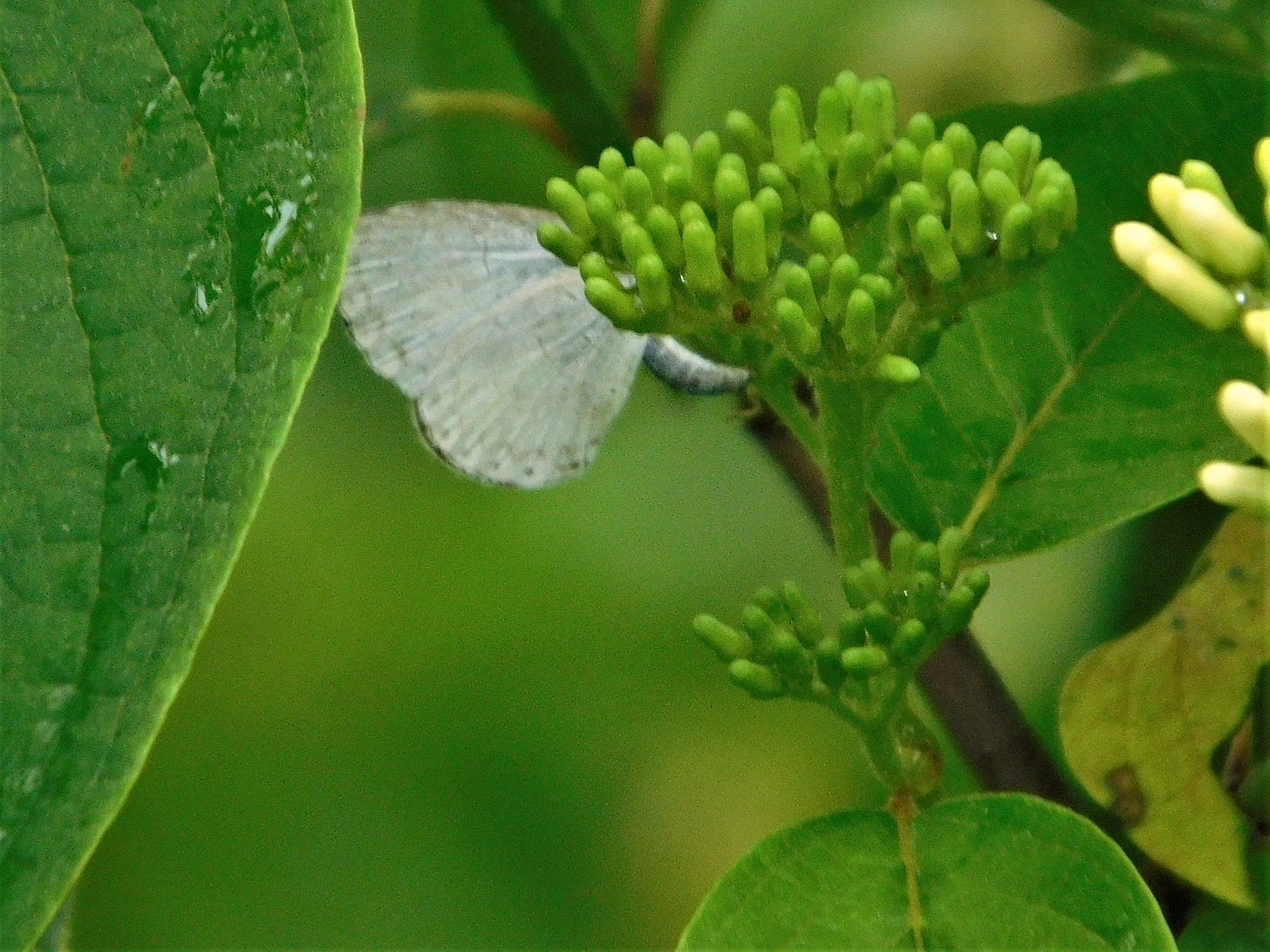
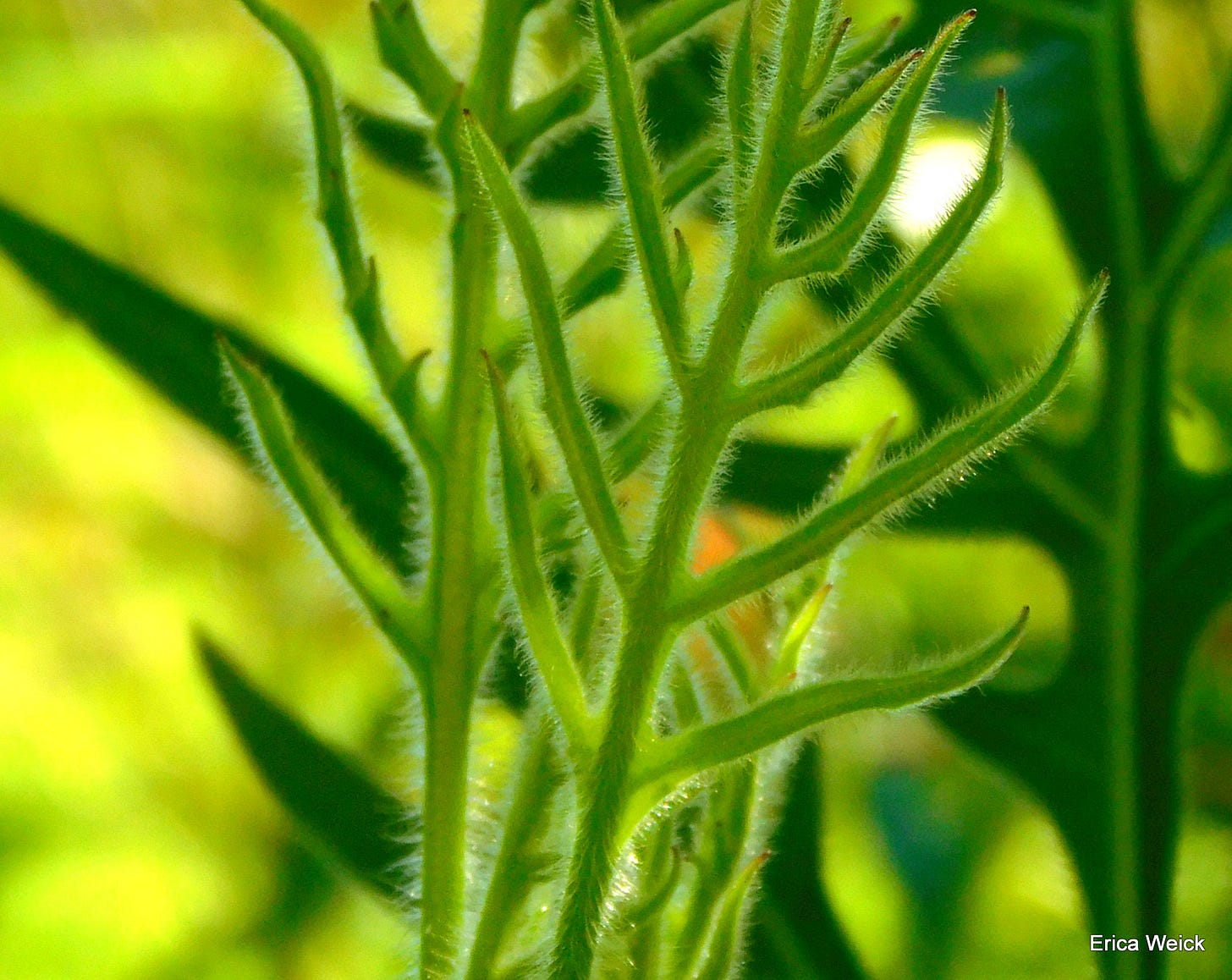
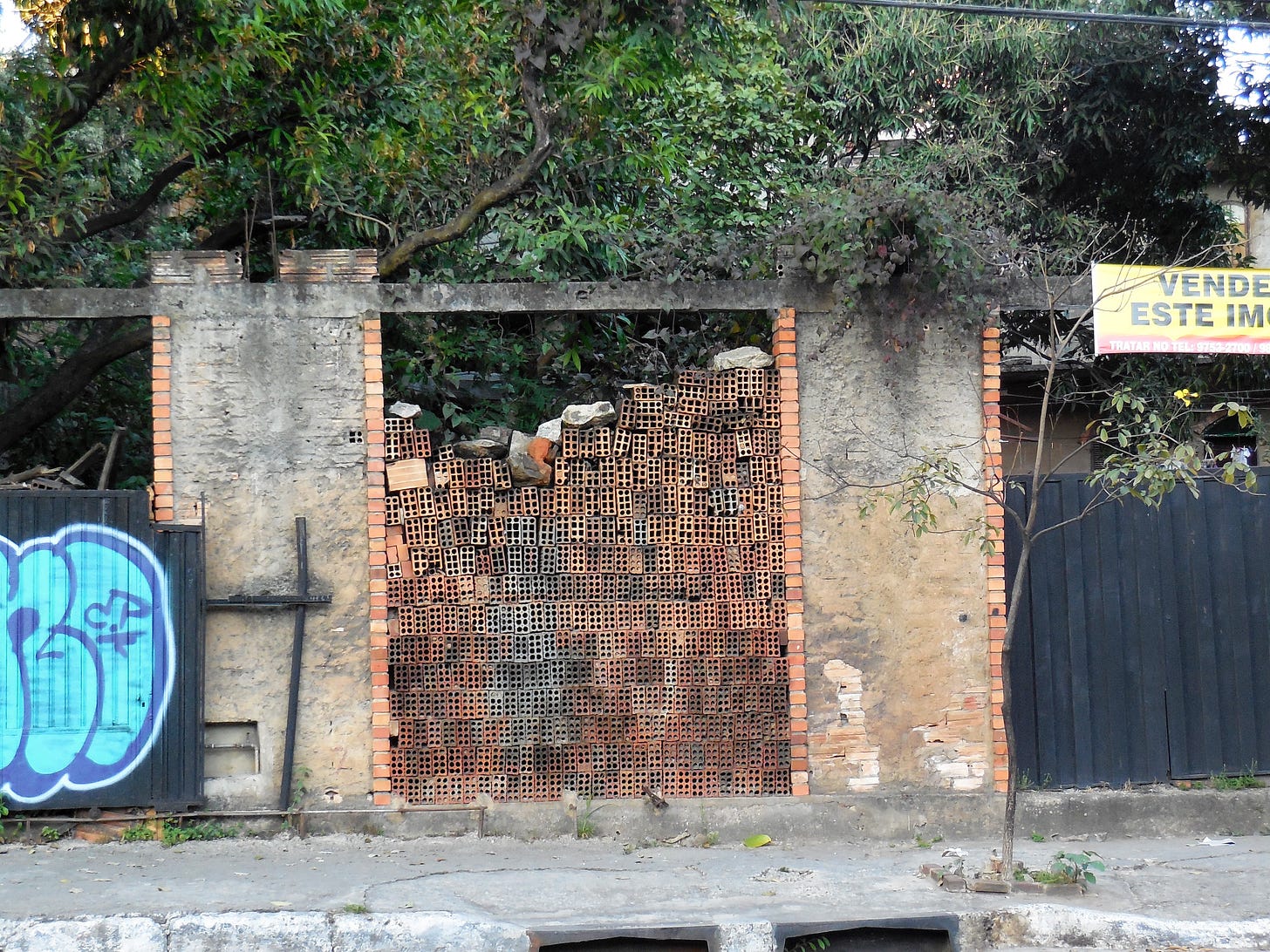
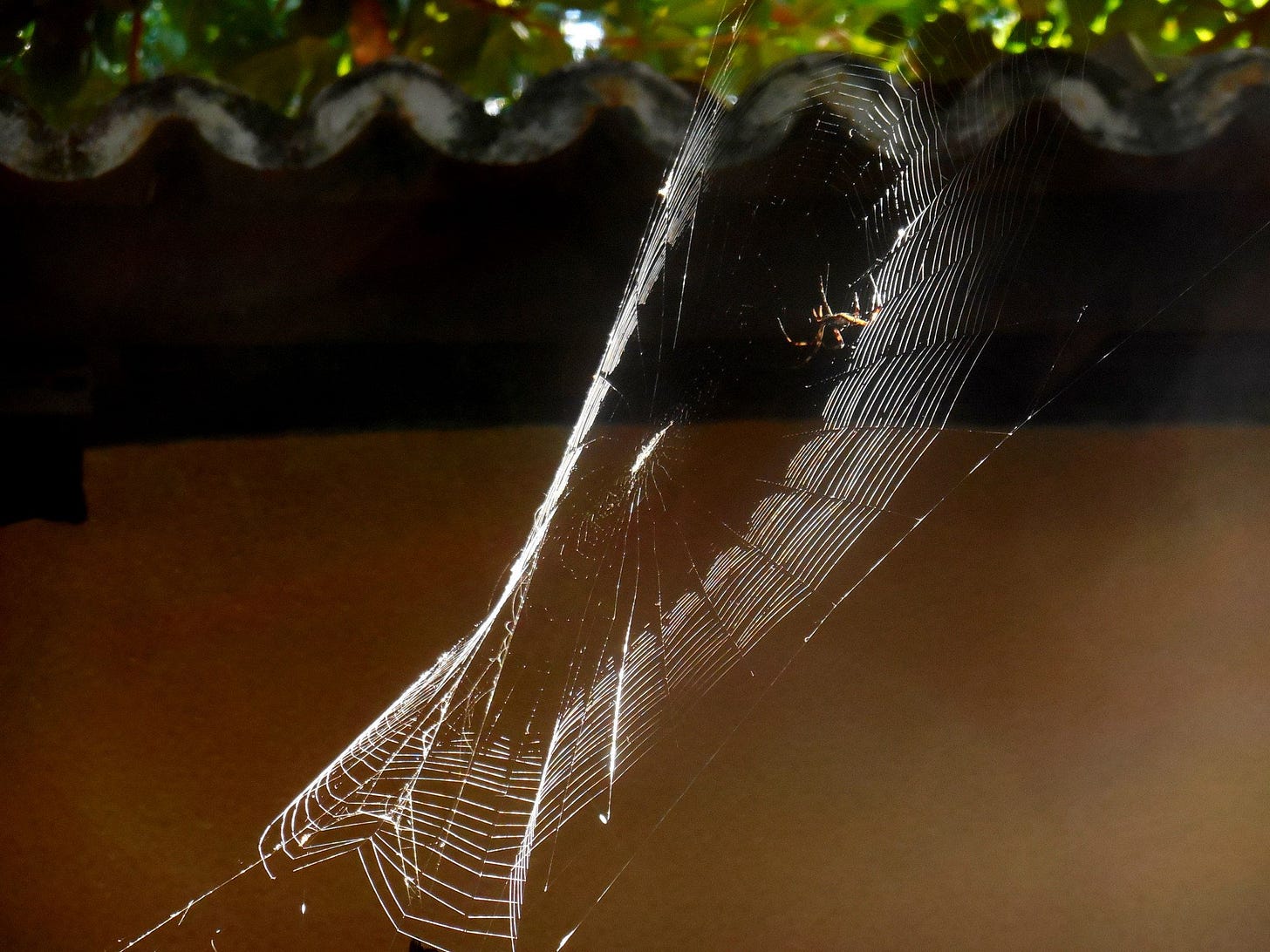
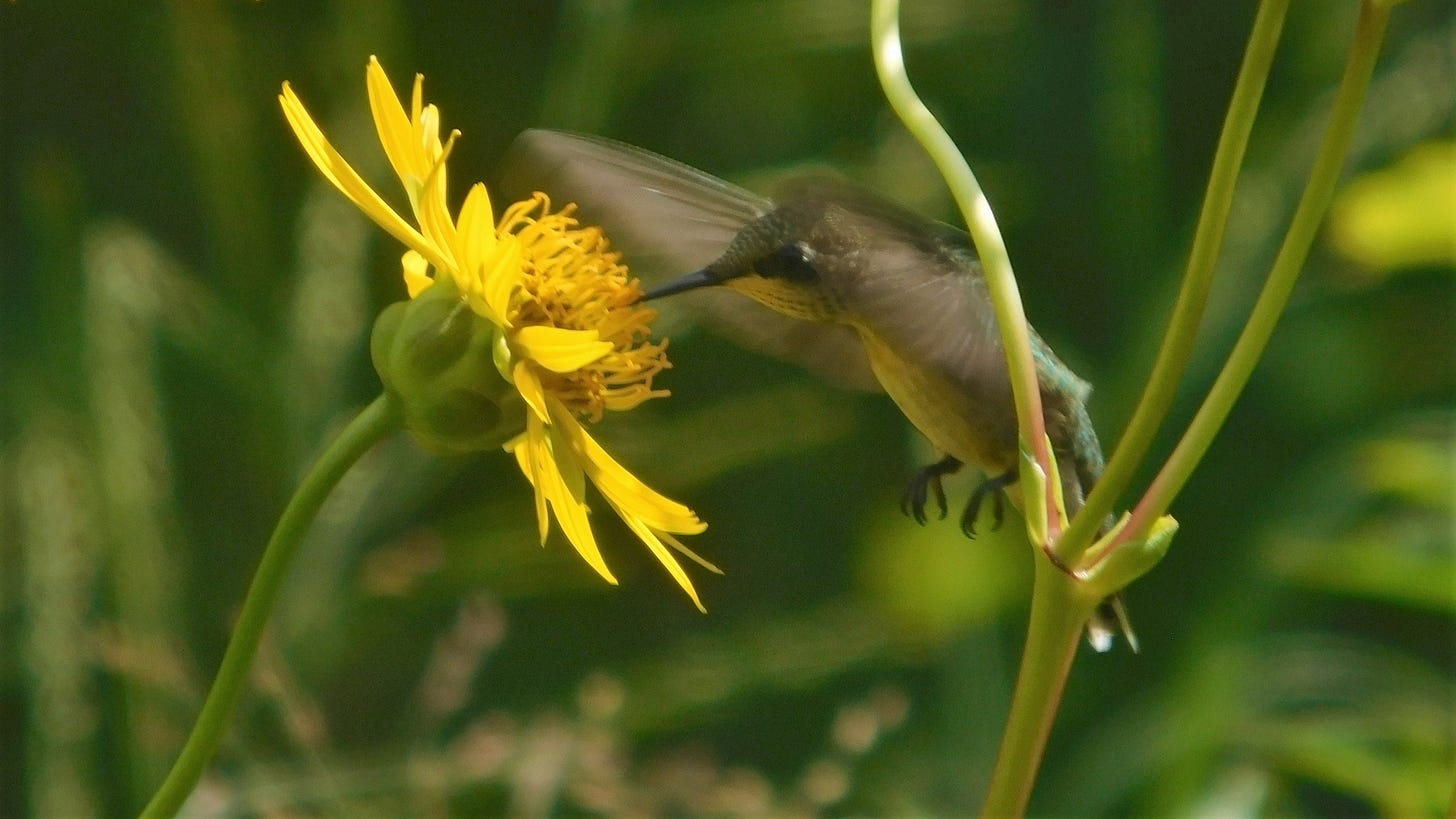
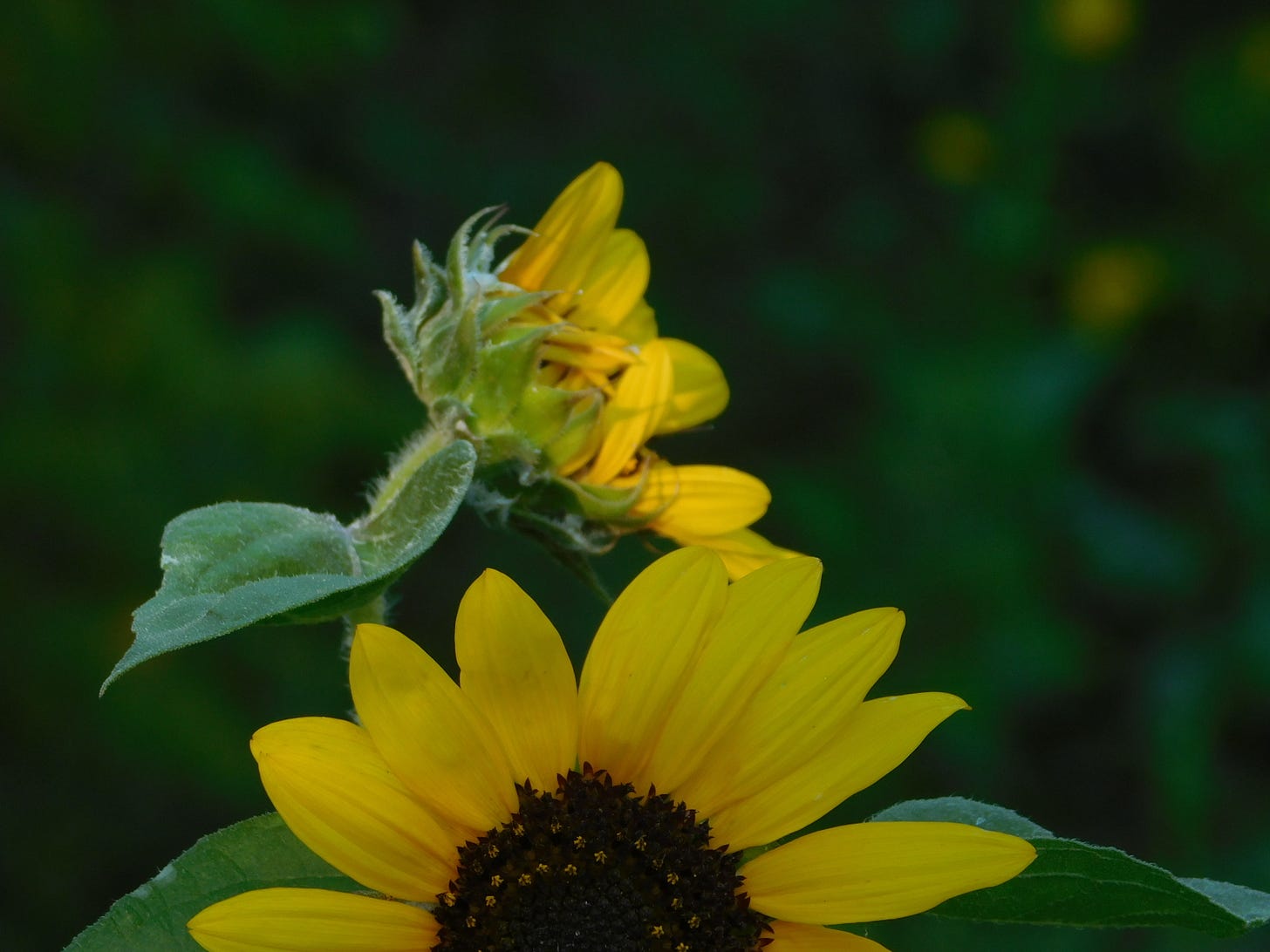
Timeless and moving, Erica. I wound my way to this and found it to be an engaging add-on to your important thoughts.
https://www.youtube.com/watch?v=HFnRS4UOPC0
Once again...WOW
beautiful and powerful.
Thank you